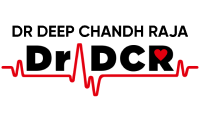Yes, leadless pacemakers are considered safe for heart patients. They are a newer option than traditional pacemakers, which use thin wires called leads to connect the device to the heart.
Leadless pacemakers are placed directly into the heart through a minimally invasive procedure. They help manage conditions like bradycardia (a slow heartbeat) and other issues that need pacing support.
One major benefit of leadless pacemakers is that they don't use leads, which can sometimes cause problems like infections, lead dislodgement, or fractures. By not having leads, these risks are greatly reduced.
Pacemaker Implantation Specialist in Chennai
Leadless pacemakers are generally safe and effective, as shown in clinical trials. However, they might not be the best choice for everyone. Deciding to use a leadless pacemaker depends on factors like the patient's specific condition, heart anatomy, and their healthcare provider's advice.
Patients must talk with their healthcare provider to evaluate their situation and determine the best treatment options.
Leadless pacemakers are a newer technology that can replace traditional pacemakers, which use thin wires called leads to connect to the heart. These devices are usually placed directly into the heart through a minimally invasive procedure and help manage conditions like bradycardia (a slow heart rhythm) and other pacing needs.
Best Doctor for Pacemaker Implantation Treatment in Chennai
Leadless pacemakers offer several benefits. First, they don't use leads, which can sometimes cause problems like infections, lead dislodgement, or breakage. By eliminating leads, these risks are greatly reduced. Additionally, leadless pacemakers are smaller and more compact, which can make them more comfortable for patients and may reduce the chance of noticeable scarring.
Leadless pacemakers have been proven safe and effective in clinical trials, but they might not be suitable for everyone. Choosing a leadless pacemaker depends on factors like the patient's specific condition, heart anatomy, and advice from their healthcare provider.
Best Pacemaker Doctor in Chennai
People should talk to their healthcare provider like any medical procedure or device. Dr Deep Chandh Raja can review your specific case and recommend the best treatment options.


.jpg)


.jpg)